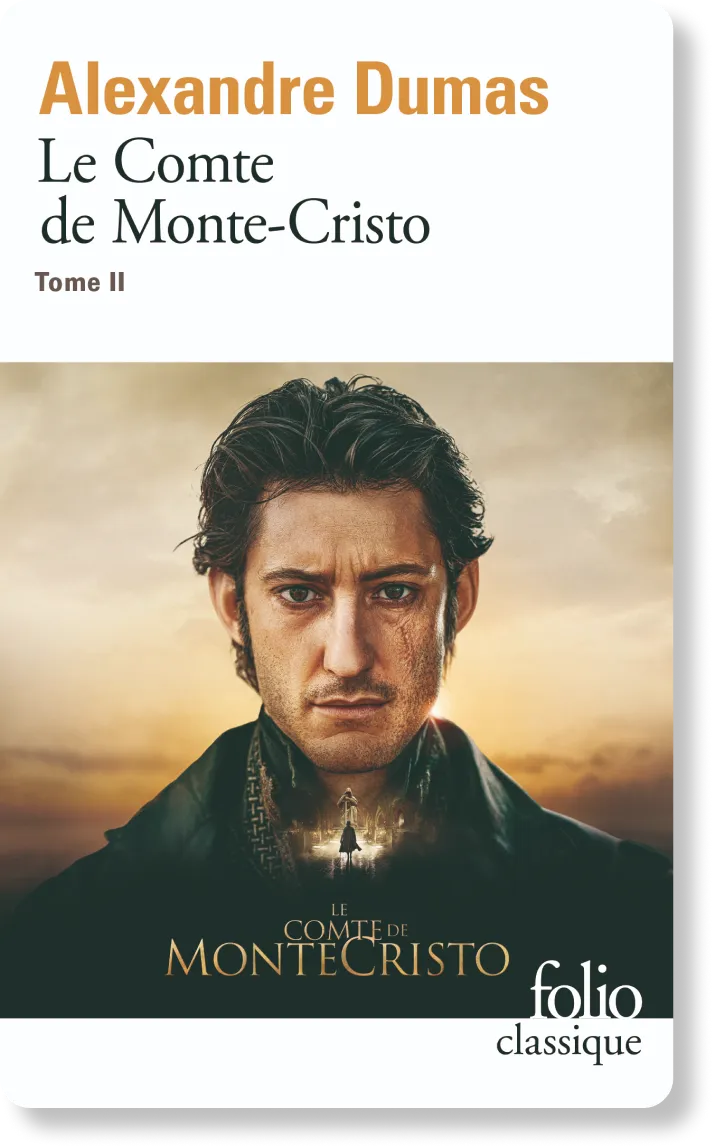Published on 24/10 by Mathis Juillard. Reading time: 3min
Vengeance and Honor: Timeless Themes
“The Count of Monte Cristo: Edmond Dantès, betrayed, embodies vengeance and honor, like a samurai.”
Alexandre Dumas
The Count of Monte Cristo
Alexandre Dumas's novel The Count of Monte Cristo, published in 1844, is one of the great classics of French literature. It tells the story of Edmond Dantès, a sailor unjustly imprisoned, who escapes, discovers a treasure, and seeks revenge against those who betrayed him.
This path of revenge is reminiscent of many samurai tales, where values such as honor and justice are central.
In this sense, the katana, an emblematic weapon of samurai warriors, can be seen as a symbol of the same ideals portrayed in Dantès's story.
.webp)
Throughout the novel, Edmond Dantès's revenge is not merely driven by a desire to punish his enemies but also by a sense of honor.
As in samurai tradition, where honor is a fundamental value, Dantès seeks to restore his reputation and avenge the injustices he has endured while adhering to principles of personal justice.
This meticulously orchestrated quest, akin to a samurai preparing for a duel, is marked by complex plans and intellectual maneuvers, echoing the importance of strategy in wielding a katana.
The katana represents, in Japanese culture, a tool of justice, used by samurai to defend their honor and that of their lord.
Similarly, Edmond Dantès uses his intelligence and newfound wealth as weapons to deliver justice and make his enemies pay.
The parallel between Dantès and the samurai is clear: both are driven by a strict moral code and a desire for justified revenge.

Moreover, just as the katana is not merely a weapon but also a spiritual symbol for the samurai, Dantès's vengeance transcends the mere act of punishment.
It becomes a way for him to free himself from his past and regain balance. This reflects the idea that, in Japanese tradition, the use of the katana must be guided by pure and thoughtful intent.
Thus, The Count of Monte Cristo explores timeless themes that also resonate in the universe of the katana: justice, honor, and vengeance. These concepts transcend eras and cultures.